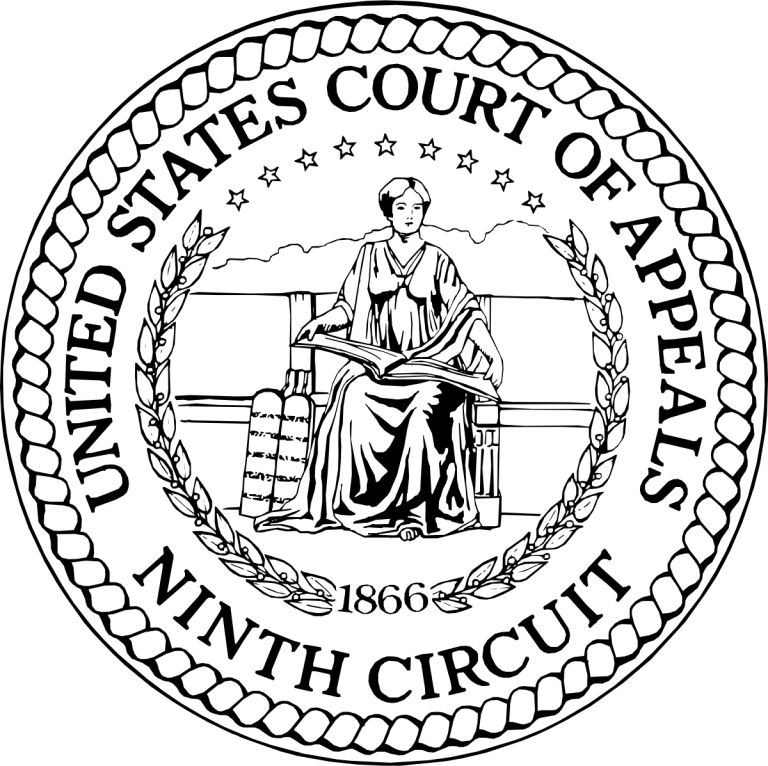In 2002, Congress passed the Child Status Protection Act (CSPA), which can potentially help children who turn 21 while their immigration case is pending or while they are still in the immigration process and can no longer be classified as a “child” for immigration purposes.
The CSPA contains a number of different, sometimes complicated rules. The most generous rules apply to children of U.S. citizens (called “immediate relatives”). If a child is under 21 when his U.S. citizen parent files an I-130 petition, he will always be classified as a “child,” no matter how long it takes for the child to obtain permanent residence.
The rules for children of lawful permanent residents (LPRs) are different. These individuals are in the “F2A category” and allowed to subtract the amount of time USCIS takes to approve the Immigrant Visa petition from their age. In some cases, this subtraction can allow the child to keep their status as a “child” even after turning 21.
The Court of Appeals for the Ninth Circuit recently considered what happens when a lawful permanent resident files an Immigrant Visa petition for a child in the F2A category and then becomes a naturalized citizen after the child turns 21. Can this person keep their status as a child and qualify as an immediate relative? Consider these facts:
Margarito Rodriguez Tovar came to the United States from Mexico in 2000 when he was 17 years old. His father was a lawful permanent resident and filed an Immigrant Visa petition for Margarito in 2001. Because of restrictions on the number of visas that can be issued to children of lawful permanent residents, Margarito was in a lengthy backlog and could not apply for his permanent residence right away. But the CSPA’s rules for the F2A category allowed him to keep his status as a “child” even after turning 21.
In 2006, Margarito’s father became a naturalized citizen. Margarito was 23 years old at the time. He applied for permanent residence and argued that the CSPA’s F2A rules meant he was a child when his father became a citizen. As a result, he argued that he was an “immediate relative” and no longer in the visa backlogs.
Margarito’s application was denied and he was eventually ordered removed from the United States.
In an important decision, the Ninth Circuit disagreed. The Court rejected the Board of Immigration Appeals (BIA)’s interpretation of CSPA and held that,
Anyone who is treated as a minor child of a lawful permanent resident for purposes of an F2A petition is treated as a minor child of a citizen when the parent naturalizes, and no one is penalized just because his parent became a citizen.
The Court was especially disturbed by the government’s interpretation, which would have the “effect that a parent’s naturalization can cause a child to be deported and wait for decades in a foreign land for an immigrant visa—a visa that he would have had in a short period of time if his parent had not become a citizen.”
What is the impact of the Ninth Circuit’s decision? The ruling means that many individuals waiting in the preference categories under the BIA’s 2011 decision could now be classified as “immediate relatives.” They would be removed from the visa backlogs family preference categories. If they are otherwise eligible, these children may immediately apply for permanent residence.
This new decision is exciting but it is important to keep in mind that the government has 45 days to file a “petition for rehearing,” asking for reconsideration of the decision. The government could also seek to appeal this decision to the United States Supreme Court.
You can read the Court’s decision in Rodriguez Tovar v. Sessions here: http://cdn.ca9.uscourts.gov/datastore/opinions/2018/02/14/14-73376.pdf
The rules and procedures for determining eligibility under the Child Status Protection Act (CSPA) are complex. If you want to know how the CSPA may benefit you and what the current state of this decision is, contact our office today at 213 – 627 – 8997 or book your appointment online today.

